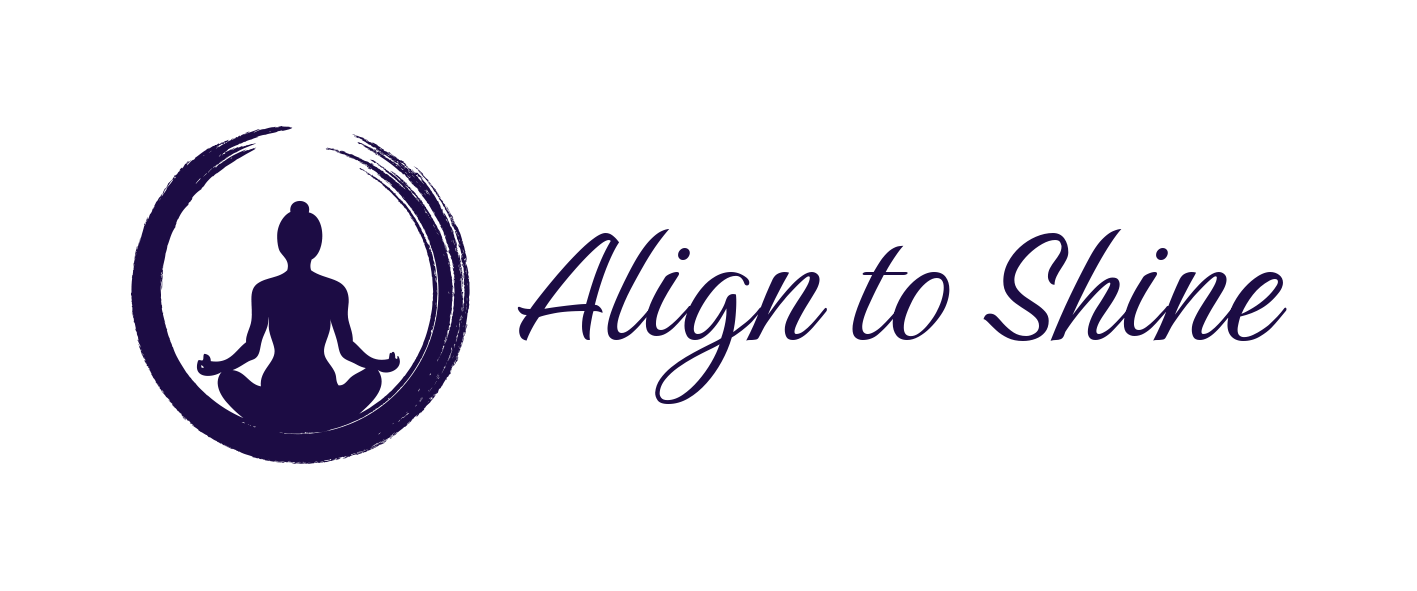How to relax for stress relief
If your body’s stress response is triggered throughout the day and if it doesn’t know how to return to its regular state of relaxation afterwards, you may find yourself in a state of chronic stress.
Chronic stress is the type of stress that can do a lot of damage to your health, contributing a whole host of stress-related health problems, including heart disease, the common cold, and high blood pressure, just to name a few. Learning relaxation techniques can help you restore your body to its natural state when you’re feeling stressed and will help you deal with stress in a healthy way in future. If you can become less reactive to the stressors that you face and can recover more quickly from it if you do react, your body and mind will thank you for it.
Relaxation can occur when you’re taking some downtime, i.e. sitting in a comfy chair, reading a good book. But sometimes it’s helpful to have a more structured plan for relaxation as, in the face of stress, you’ll have a whole toolbox ready to help you recover. It will also mean you actively choose strategies that build resilience rather than merely distracting you from what’s creating stress for you on a given day. Learning to relax your body and your mind can be more effective than either one on its own, obviously.
How to relax
Here are some of the best relaxation strategies you can use to combat stress…
Breathe
Breathing exercises should be your first line of defence against stress. The beauty of these for relaxation is that they can be used anytime, anywhere, and they work quickly. They’re also very easy to master. Start with deep breathing. To do this, breathe in through your nose and feel your chest fill with air. Then, breathe out through your nose. As you do so, place one hand on your belly and another on your chest. Focus on feeling your belly and chest rise as you breathe in, and fall as you breathe out.
Meditation

The wonderful thing about practising meditation is that it allows you to “let go” of everyday worries and literally “live in the moment.” People who meditate regularly report improvements physically, mentally, and spiritually, using it as a technique to not only combat stress but prevent it in the first place. To begin a meditation practice, you will need to find a quiet spot, away from the phone, television, friends, family, and other distractions. Meditation practices often involve learning breathing or mantra techniques. Initially, your mind may wander when you first start meditating, but by training your mind to focus on the moment, you will feel relaxed and more centred. Most experts recommend meditating for about 20 to 30 minutes at a time. Beginners may find it difficult to meditate for this length at first, but don’t despair. It will become easier once you are meditating regularly.
Music
Playing music is a great way to relieve stress and promote relaxation. When at work, keep a pair of headphones at your desk so you can enjoy your music for yourself. This technique often helps to provide a safe space to help you to recharge, even if you are in a room full of people. Because music brings real benefits in terms of wellness (music therapy is a growing field), it can be conveniently used effectively for relaxation as well.
Exercise

It may seem that exercise is the opposite of relaxation, but a good workout can actually make you feel more relaxed afterwards for a few reasons. First, working out can be a good way to release stress and blow off steam. Second, the endorphins released during a good workout can aid relaxation quite nicely. Additionally, exercise can get you into a state of flow where it’s difficult to stay stressed—your body has to move toward relaxation as your stress response begins to reverse.
Have Fun
Yes, these relaxation methods don’t all have to be clinical and practised. Letting loose and having fun with your family and friends is an excellent way to relieve stress and experience relaxation. Most people don’t prioritise this as an important part of life—they don’t fit time for it in their busy schedules because they don’t realise the value of fun for balance as well as physical and emotional health. So schedule some downtime in your calendar, it’s just as (if not more) important than any other pressing matter.
If you focus on stress management regularly, in a relatively short time you can learn to more easily relax when you need to, and build resilience toward stress.
Read more: A relaxed body promotes healthy eating




